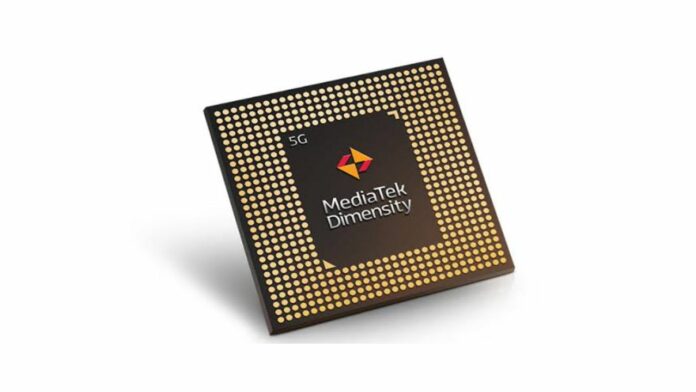MediaTek Dimensity 9400 launch date has been revealed by the chipmaker and it is set for October 9, which is earlier than when the company revealed Dimensity 9300 last year, that was in November. The company hasn’t revealed the name of the chipset that is slated to launch, but going by the naming scheme, it should likely be called Dimensity 9400.
The announcement of the launch event was made on Weibo, where according to the Taiwanese company, one can expect “a new generation of Mediatek products.” Details about the chipset have leaked multiple times before, with the latest leak suggesting that the MediaTek Dimensity 9400 reportedly delivers a noticeable 86% better performance over Apple’s A18 Pro chip found in its latest iPhone 16 Pro models.
It also surpasses the Snapdragon 8 Gen 3 by a respectable 41% in terms of performance. The GPU embedded in the chip, as per a leak from Digital Chat Station on Weibo, scored 134fps in a Benchmarking test where Apple’s A18 Pro maxes out at 72fps, while the Snapdragon 8 Gen 3 reaches up till 95fps.
The MediaTek Dimensity 9400 is expected to pack the newest Mali-G925-Immortalis MC12 GPU, paired with a 3.63GHz Arm Cortex-X925 CPU. Immortalis G925, according to ARM, is the company’s “highest performance and most efficient GPU” till date. It delivers considerably superior performance over its predecessor.
The Dimensity chip is reportedly manufactured using TSMC’s 3nm process node, specifically the N3E. The CPU will likely consist of an eight-core setup, including one Cortex-X5 Prime CPU core running at 3.36 Ghz, three Cortex-X4 Prime CPU cores running at 2.8 Ghz, and four Cortex-A725 performance CPU cores running at 2.1 Ghz. It’ll be interesting to see how MediaTek will manage the efficiency and thermals of the chip without any dedicated efficiency cores.
On the basis of leaked benchmarks, the Dimensity 9400 is set to leave the Apple A18 Pro in the dust. Snapdragon 8 Gen 4, also coming later in October, is expected to pack Qualcomm’s own Oryon CPU which is also expected to account for significant gains over last year’s Snapdragon 8 Gen 3.


